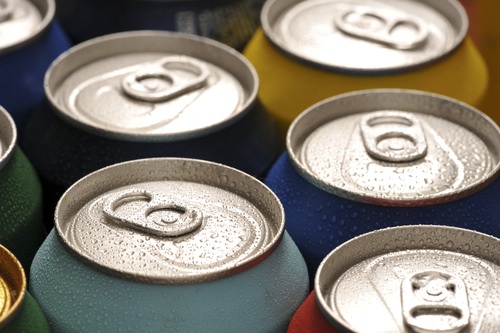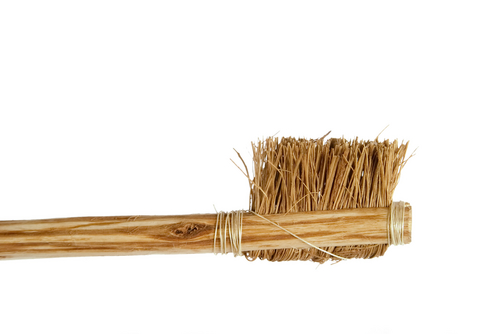We are often told that chewing gum is bad for our teeth. Research now shows that chewing gum may prevent cavities. But it has to be the right kind of gum.
I’m Dr. Peter Pate of Dentistry in Buckhead, and I want you to consider using chewing gum as an after-meal snack – specifically, gum containing xylitol, not sugar, aspartame, or saccharine.
Xylitol is a natural substance that tastes like sugar and is non-fermentable. It cannot be converted to acid and as a result, it helps restore the proper pH balance in your mouth. This allows your mouth to become an alkaline environment and will reduce the time that your teeth are exposed to bacteria.
Xylitol Usage
You need to chew or ingest approximately 6-8 grams of xylitol daily to help prevent cavities. Xylitol should be used 3 times daily after meals and snacks. Some brands that include xylitol are IceBreakers, Trident, and Spry. When xylitol is the first ingredient listed on the packaging, a gum has true decay-preventing power.
Other Great Benefits of Xylitol
1. As xylitol restores the pH balance in your mouth, it also enhances mineral absorption in tooth enamel and increases its strength.
2. Saliva production is stimulated by using small amounts of xylitol consistently. This not only helps fight tooth decay, but it’s a benefit for those who suffer from dry mouth.
3. Xylitol is not easily converted to fat and has almost no effect on insulin levels, so it’s also great for diabetics and dieters.
4. Chewing gum with xylitol can help prevent ear infections. The chewing and swallowing promote clearing of earwax, and the xylitol helps prevent the attachment of bacteria in the Eustachian tubes.
5. Using a xylitol nasal spray can significantly reduce the incidents of sinus infections, allergies, and asthma.
6. Xylitol has been found to increase the activity of white blood cells involved in fighting bacteria and thus may help build immunity, protect against chronic degenerative diseases, and it may have anti-aging benefits.
For more information on preserving the health of your teeth, or to schedule a checkup, cleaning, or consultation with me, call my Atlanta office at (404)266-9424.





